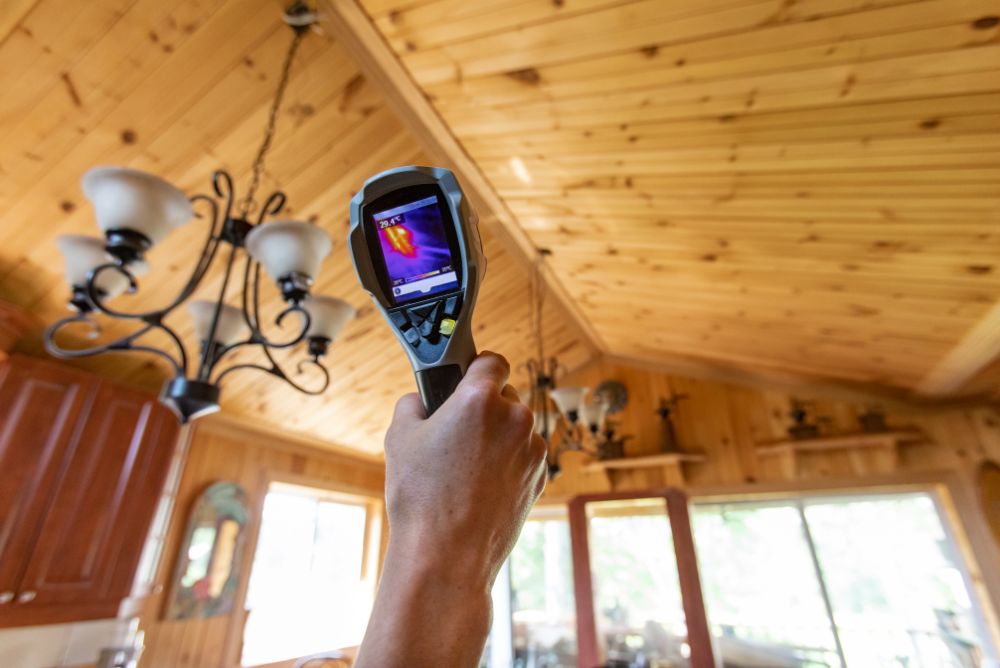Radon gas affects roughly one in 15 homes in the United States. It’s an invisible, odorless, and tasteless gas that forms when uranium and other similar minerals decay in soil or rocks. Radon is harmless outdoors but can lead to significant problems when it builds up in a home. Some homeowners may wonder which is better between professional and DIY tests for radon mitigation. Understanding the importance of the situation and the tests available can make the choice easy.
DIY Testing
Many homeowners install radon detectors to identify dangerous levels of the gas. They can also perform passive tests to check for existing radon. Charcoal or alpha track tests are among the most common and may take a few days before you can send them to the lab for analysis.
Professional Testing
Many professional services allow for quick and accurate radon testing—professional testers can perform an active radon test, which utilizes electricity to monitor an area for traces of the gas. Professional examinations are ideal for their accuracy and because you’re getting results from a trained and certified specialist.
Which Is Better?
Determining which is better between professional and DIY radon mitigation may depend on your needs. If your goal is to identify the presence of radon, then a DIY kit may suffice. It does a good job and is affordable. However, a professional test can determine accurate levels of radon and provide more detailed information on mitigating the gas. A professional test should be the standard for a real estate transaction.
For more information on radon identification and mitigation, Affordable Radon Services is here to help. We offer radon mitigation systems in Colorado, and our years of experience help homeowners understand the serious nature of this gas. Contact us anytime for more details or to learn about the services we offer, and a member of our team will be happy to assist you.


Recent Comments